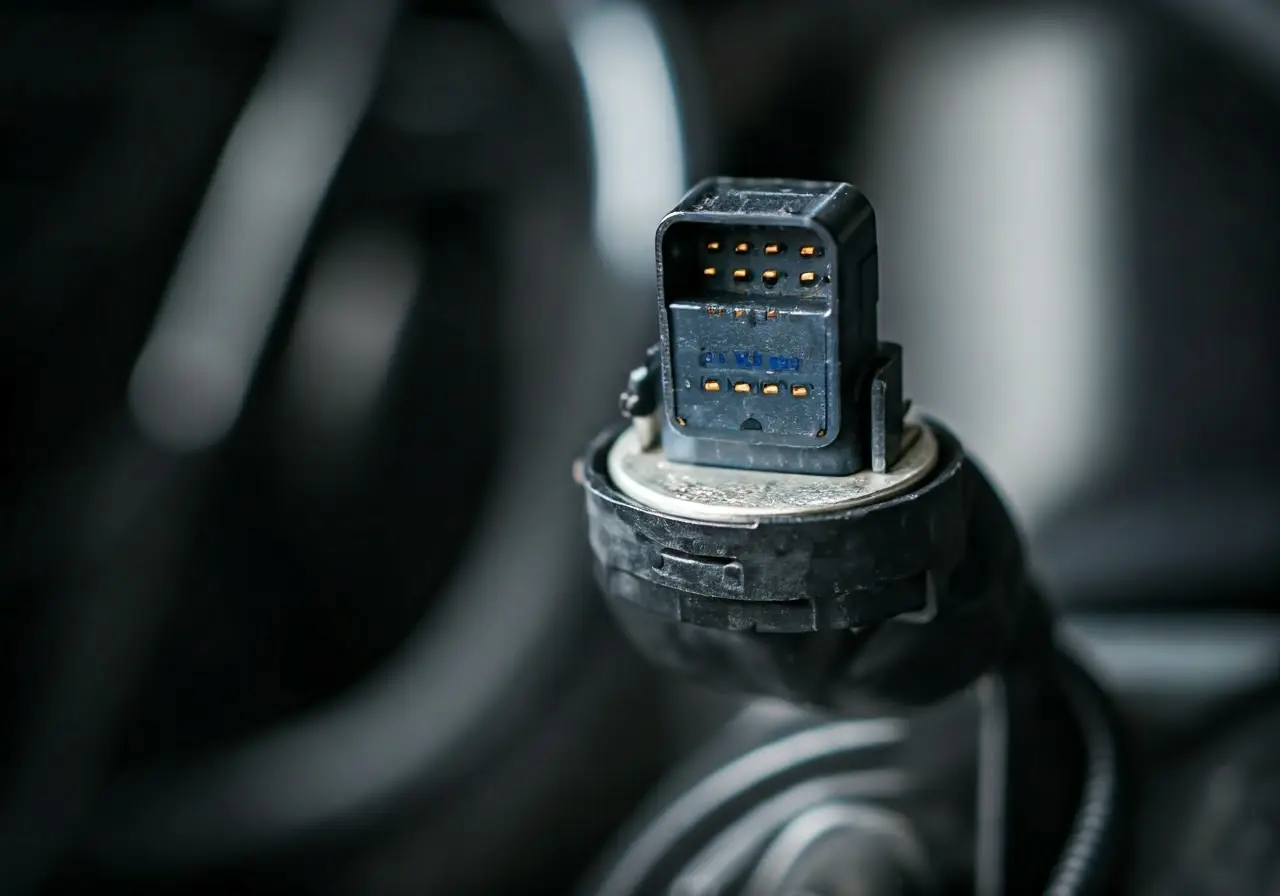Advanced Driver Assistance Systems (ADAS) are at the forefront of automotive safety technology. Their precision and accuracy largely depend on proper calibration. This blog dives into the crucial role ADAS calibration plays in ensuring your vehicle’s safety.
What is ADAS Calibration?
ADAS calibration refers to the precise alignment and setting of the sensors and cameras that support driver assistance systems to ensure they operate as intended.
The process is akin to fine-tuning your vehicle’s senses, ensuring each camera and sensor sync to interpret the environment accurately. This precision means your vehicle’s abilities, such as adaptive cruise control and automatic emergency braking, function correctly and react promptly to potential hazards.
Modern vehicles often employ a combination of radars, cameras, and sensors positioned near crucial structural components, such as the windshield, making calibration essential after any glass replacement or accident. These systems work in concert to reduce accident risks, and maintaining their accuracy is key to their effectiveness.
Why is ADAS Calibration Necessary?
Calibration is necessary to maintain the accuracy of ADAS. As sensors and cameras can be misaligned during repairs, upgrades, or even manufacturing, ensuring correct calibration is crucial for reliable performance.
A misaligned sensor can turn your vehicle’s technological insights into misleading or faulty data, resulting in dangerous outcomes like false alerts or unresponsive systems during emergencies. This can lead not only to inconvenience but also to potential accidents if not addressed.
Learn how ADAS calibration can impact your safety. The technology requires precise setup to function under various conditions, safeguarding you and others on the road.
How Does Proper Calibration Enhance Safety?
Proper calibration ensures ADAS features such as lane departure warnings, adaptive cruise control, and collision avoidance systems function accurately, which significantly reduces the risk of accidents.
For example, an accurately calibrated lane departure system during bad weather conditions prevents drifts that could lead to collisions. Calibration allows each ADAS feature to perform with the precision intended by its design.
Read up on why windshield repairs are essential to maintain alignment with safety systems that prevent lane drifting or improper airbag deployment during serious accidents.
Systems such as automatic emergency braking are designed to react faster than humans, correcting potentially hazardous situations before they escalate. Successful system operation hinges on the calibration status and dictates vehicle response, directly affecting safety.
Signs That Your ADAS May Need Recalibration
Indicators like dashboard warnings, system malfunctions, and post-collision repairs suggest the need for recalibration to ensure continued safety.
Other telltale signs include erratic behavior in features like adaptive cruise control or lane-departure alerts, which are crucial components relying on precise input from sensors. It’s advised to act swiftly on these warnings, scheduling recalibration promptly.
Get comprehensive insights about the need for ADAS recalibration after modifications to parts critical to ADAS functioning like your windshield.
ADAS Calibration: DIY or Professional Service?
While some calibration tasks might seem manageable, professional service is recommended to guarantee precision and system integrity, as specialized equipment and expertise are often needed.
ADAS calibration is a specialized process requiring precise instruments and skilled technicians to ensure successful results. Attempting DIY calibration can lead to improper alignment, risking safety features’ reliability.
Technicians trained in calibration often follow detailed protocols specific to vehicle make and model, using equipment designed for high accuracy. This enhances system reliability and ensures compliance with manufacturer standards.
The Importance of Regular ADAS Calibration
In conclusion, regular ADAS calibration is essential for maintaining optimal vehicle safety. By ensuring your systems function correctly, you not only protect yourself but also contribute to safer roads for everyone.



